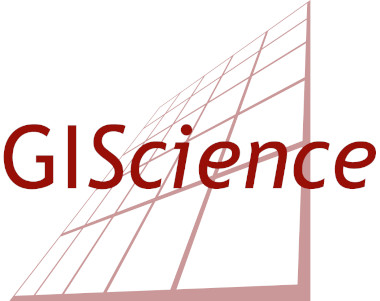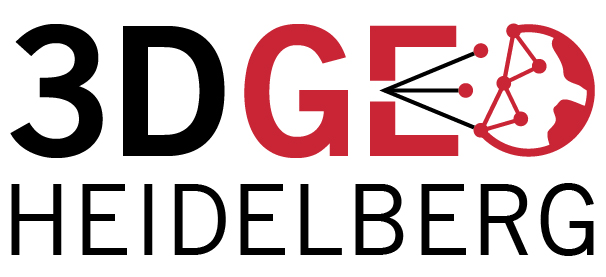Tag: 3D geoinformation
-
STAP19 Workshop and Compact Course Concluded
From 01-04 April 2019, the 3DGeo and FCGL research groups organized STAP19, a compact course and workshop on Spatial and Temporal Analysis of Geographic Phenomena at the Interdisciplinary Center for Scientific Computing (IWR, Heidelberg University). In a mix of lectures, invited talks and hands-on sessions, the participants learned about processing and analysis of 3D geodata,…
-
Live from the Ötztal Alps (#5): Exploring high-mountain 3D GIScience
On our last day in the Ötztal Alps, we had an exciting excursion from Obergurgl to Ramolhaus on 3006 m a.s.l. On our way up we could directly explore glacial history by passing the historical extents and related moraines of the retreating Gurgler glacier. The students also learned about geoarcheology and settlement history in the…
-
IWR Colloquium on Robust Geometry Extraction in Large Spatial Point Clouds (Prof. Roderik Lindenbergh)
Everyone interested is cordially invited to the talk of Prof. Roderik Lindenbergh (TU Delft, NL) on Robust geometry extraction in large spatial point clouds in the frame of the IWR Colloquium at the Interdisciplinary Center for Scientific Computing. When: Wednesday, 27th June 2018, 14:15 Where: Conference Room (5th Floor), Mathematikon, INF 205 Before the talk,…
-
3D geodata acquisition in the Siberian Arctic
In September 2017, the 3D Spatial Data Processing Group (3DGeo) joined the German-Russian expedition of the Alfred Wegener Institute (AWI) for Polar and Marine Research to the Arctic research station Samoylov (N 72°22’, E 126°29’) in the central Lena Delta. Under the lead of Julia Boike, the research team maintained and expanded long-term monitoring stations…
-
ArchEyeAutomatic summer school 2017
From 26 to 28 July, the 3D spatial data processing group contributed to the “ArchEyeAutomatic summer school 2017: Cameras, Drones, and Laser scanning. Modern ways to document ancient objects”. With a focus on documenting and analyzing archaeological sites and objects, the summer school introduced around 40 participants to various methods of close-range remote sensing at…
-
Innsbruck Summer School of Alpine Research 2017: Close Range Sensing Techniques in Alpine Terrain
From 16 to 22 July, the second ISPRS Summer School of Alpine Research took place in Obergurgl, Austria. Around 40 participants from four continents enjoyed a mix of lectures, field work and hands-on data processing related to various research topics in high mountain research. Hosted at the beautifully located and perfectly equipped Alpine Research Centre…
-
3D data acquisition in the Ötztal Alps – Exploring 3D GIScience on the “Monster of Rock”
As part of the practical field training “3D Geodatenerfassung im Hochgebirge (Ötztal), 31 July – 06 August”, the rock glacier “Äußeres Hochebenenkar” (42 ha), located in the Ötztal Alps in an elevation of 2,630-2,800 m a.s.l., was explored by 16 students under the direction of Bernhard Höfle, Stefan Hecht and Martin Hämmerle. With the help…


